
Seokga The Trickster God Korean Mythology Asian Mythology Mythlok YouTube
What is "God" in Korean and how to say it? American English god Korean 신 More Religion Vocabulary in Korean American English Korean church 교회 priest 신부 pope 교황 angel 천사 buddhism 불교 christianity 기독교 devil 악마 heaven 천국 hinduism 힌두교 islam 이슬람교 judaism 유대교 meditation 명상 monk 스님 mosque 모스크 nun 수녀
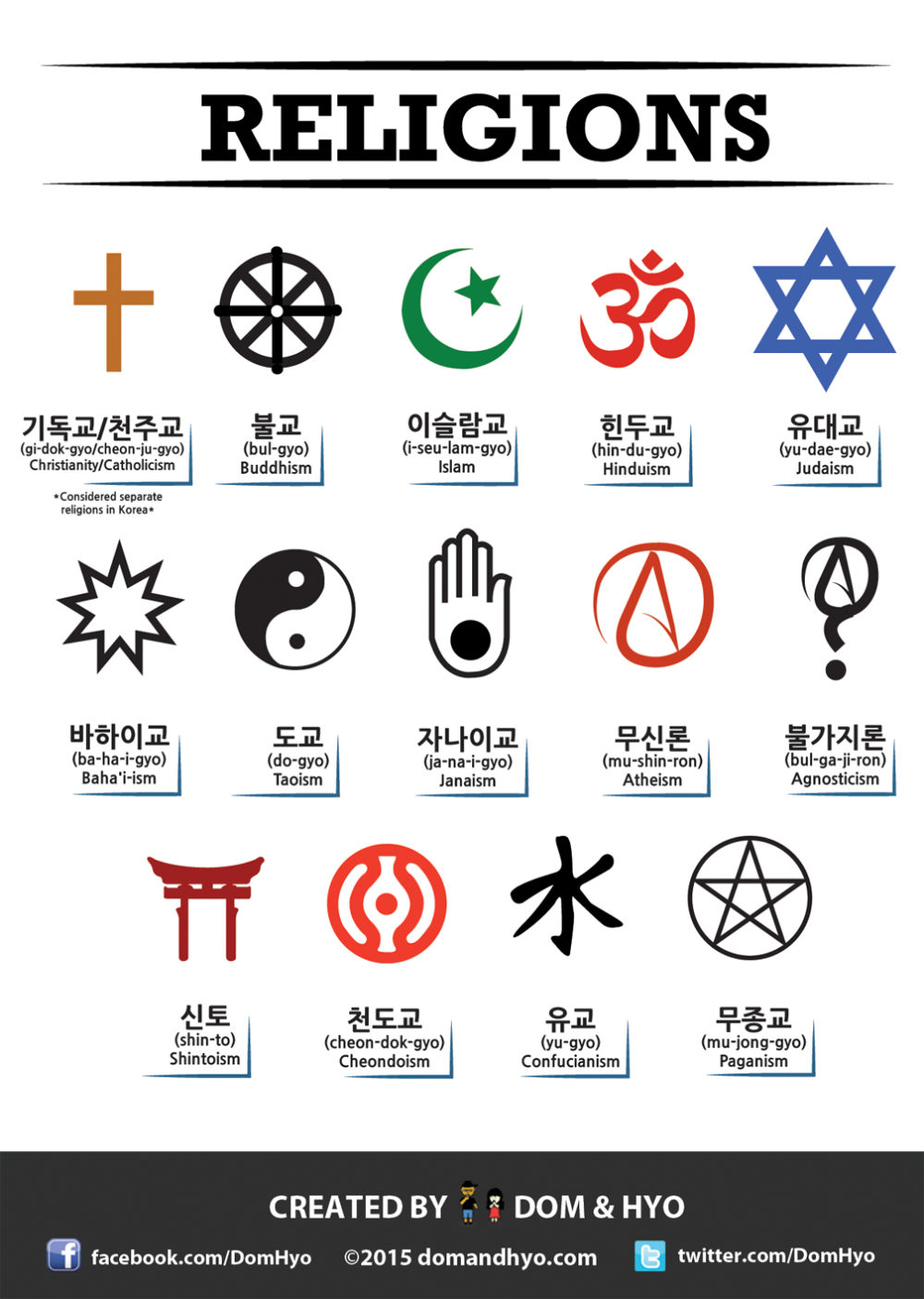
Learn Korean Religions in Korean Learn Korean with Fun & Colorful Infographics Dom & Hyo
Korean Sun God mythology holds a significant place in Korean culture and history. Haemosu, the powerful Korean Sun God, plays a central role in the pantheon. Believed to descend from the heavens in a majestic chariot, Haemosu listens to the concerns of the people before ascending at sunset. Legends surround Haemosu's encounters with deities.

13 Most Powerful Korean Mythology Gods and Goddesses
According to Korean mythology, Hwanin is the god who created heaven and earth. He is also known as the "Lord of Heaven" or "Heavenly King." Hwanin is considered to be a benevolent god who governs over all other gods and spirits. Hwanung: The Son of Hwanin Hwanin had a son named Hwanung, who was sent down to earth to establish a new kingdom.
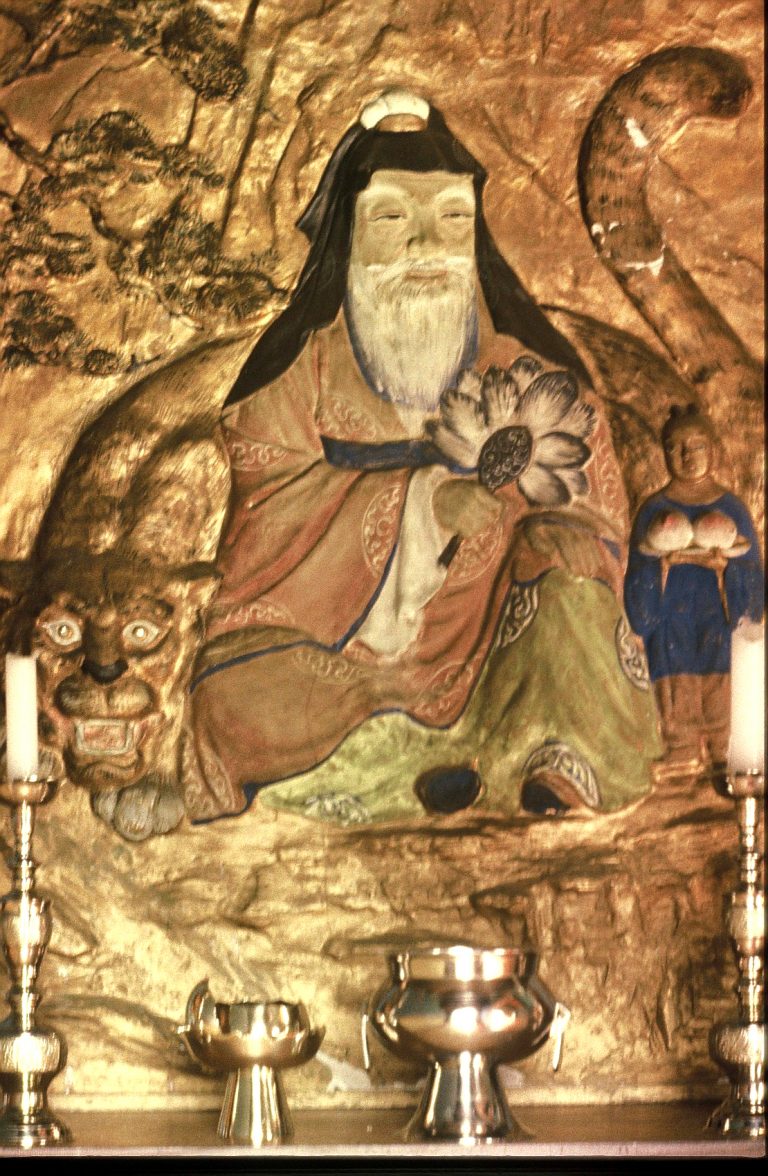
Gods of Korean Shamanism •
2. Hananim. Hananim is the name used by most Christians in Korea for God. This term takes the Korean word for 'one" hana and adds on 'nim," thus emphasizing there is only one god to them. People will often utter these words when facing danger or needing assistance badly in life. Many Koreans practice daily prayer or "gidohoe (giwonhada).

The Holy Trinity in Korean Mythology Hwanin, Hwanung & Dangun r/Hangukin
Korean Mythology Gods and Goddesses by World History Edu · Published August 10, 2023 · Updated August 10, 2023 Korean mythology is deeply rooted in the cultural fabric of the Korean Peninsula and offers a rich tapestry of deities, spirits, and legendary creatures.
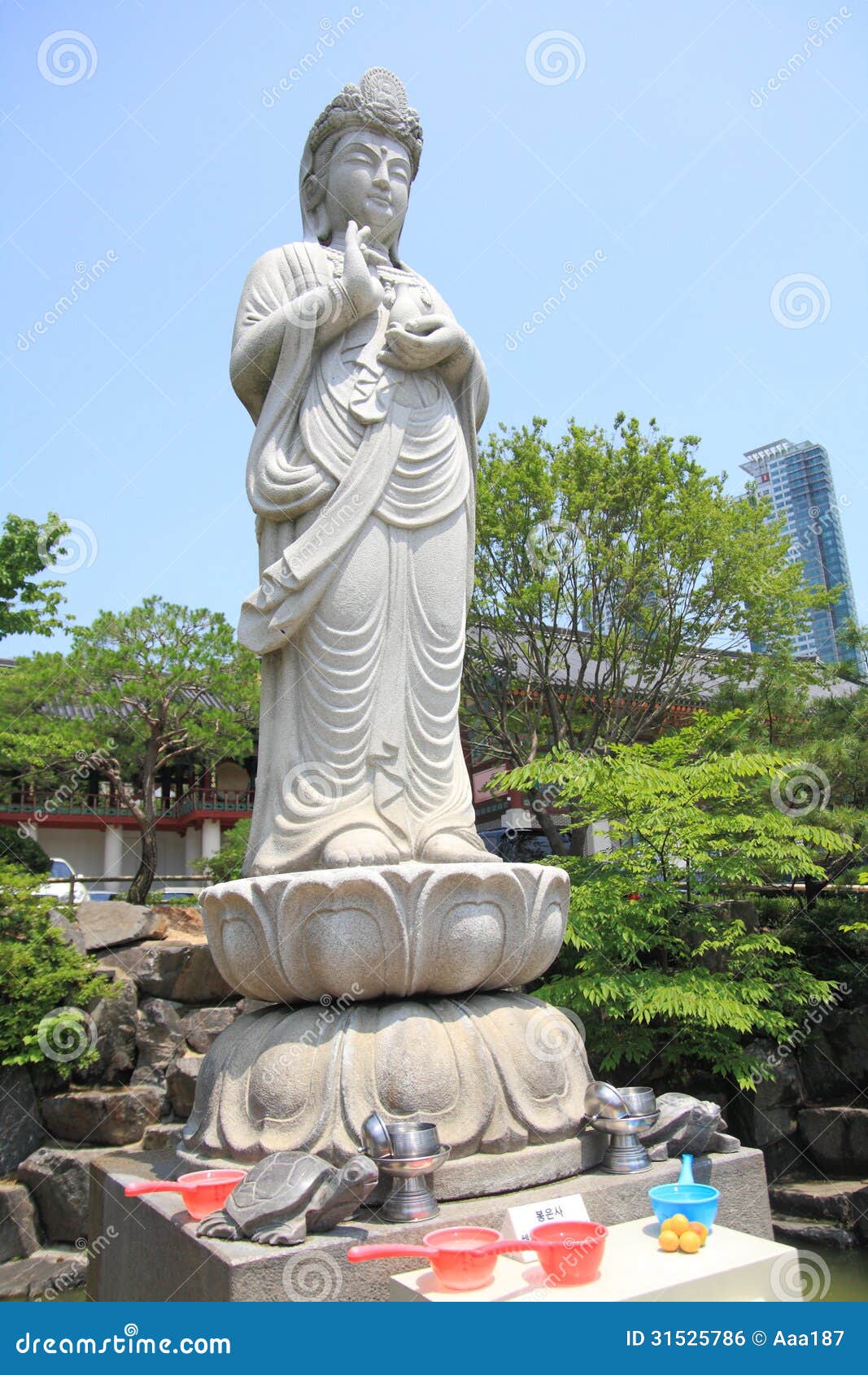
Rock Statue of God in Korea Stock Photo Image of asia, sightseeing 31525786
Exploring the Korean Pantheon Embark on a captivating journey through the mystical and diverse world of Korean mythology, where gods and goddesses hold great significance. This section delves into the enchanting tales and unique characteristics of various deities that make up the Korean pantheon. Sang-Je: The Supreme Deity of Korean Mythology

Korean gods Rick Cook Flickr
God as Heaven: Korean Confucian Culture and God-Image. The module 3 will examine the image of a heavenly God in the cultural context of Korea with the emphasis on Korean Confucian understanding of the "Chon" (heaven). Noting the collective (cultural) representations of the "Chon" (heaven), the interplay among transcendental and immanent images.
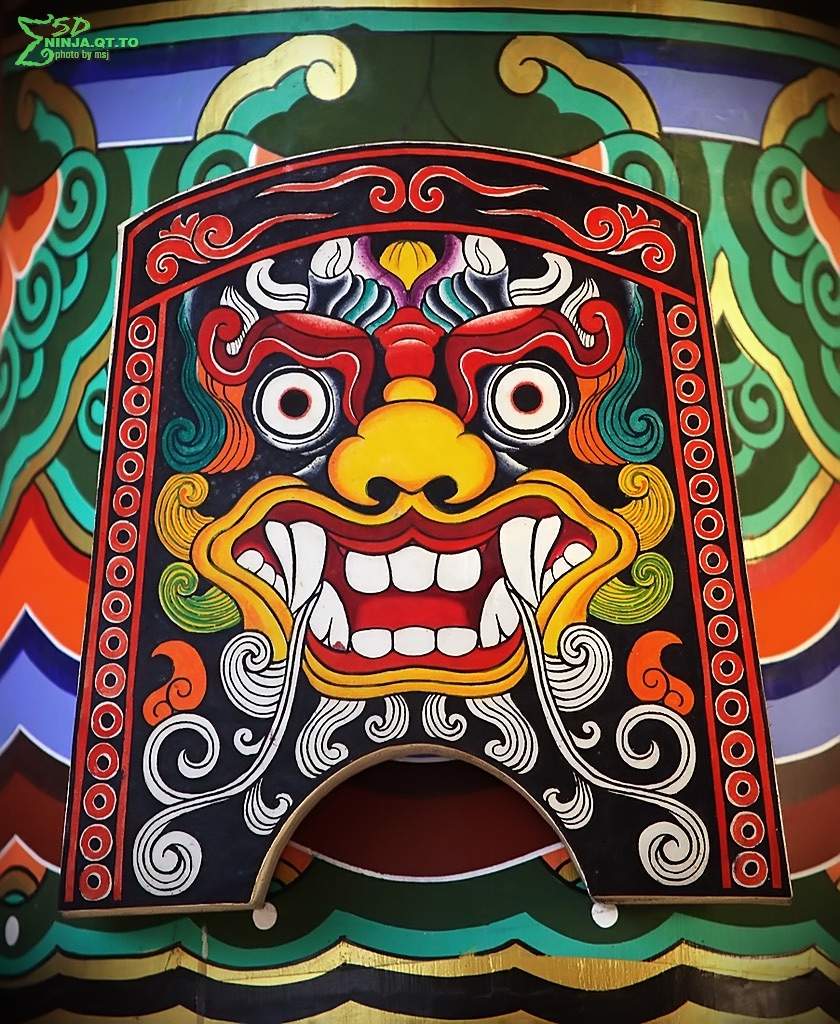
Focus Korean Mythology Mythology & Cultures Amino
In Korean, the term for God is 'Hananim' or 'Haneulnim,' which translates to 'the one above' or 'the one in heaven.' These terms emphasize the divine presence and power of God. Additionally, 'Eungwon' is used to refer to the creator or the one who brings blessings. Buddhist Concepts of God
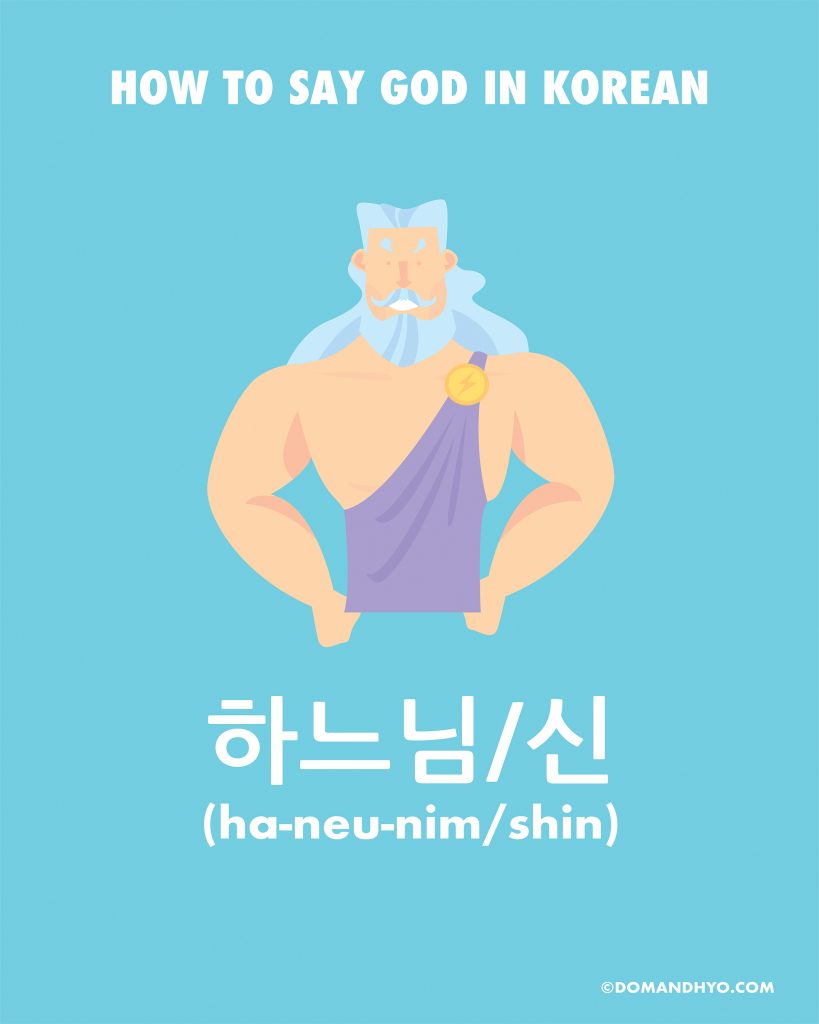
howtosaygodinkorean Learn Korean with Fun & Colorful Infographics
Hwanin God, also known as Haneullim or Sang-Je, holds great significance in Korean Native Religion and Shamanism. Hwanin is revered as the supreme being and the origin of all beings. He is the father of Dangun, the first human king and shaman in Korea. According to mythology, Hwanin sent his son to Earth to establish a sacred city.

How to Say "OH MY GOD!" in Korean YouTube
1. Sang-Je He is the highest deity or the king of all the Korean gods and is believed to be the supreme ruler of heaven or called Haneul. He is also known as the father of all the other Korean gods. It is also said that Sang-Je was the only medium that many humans had to pass through to become immortal gods in the Korean pantheon.
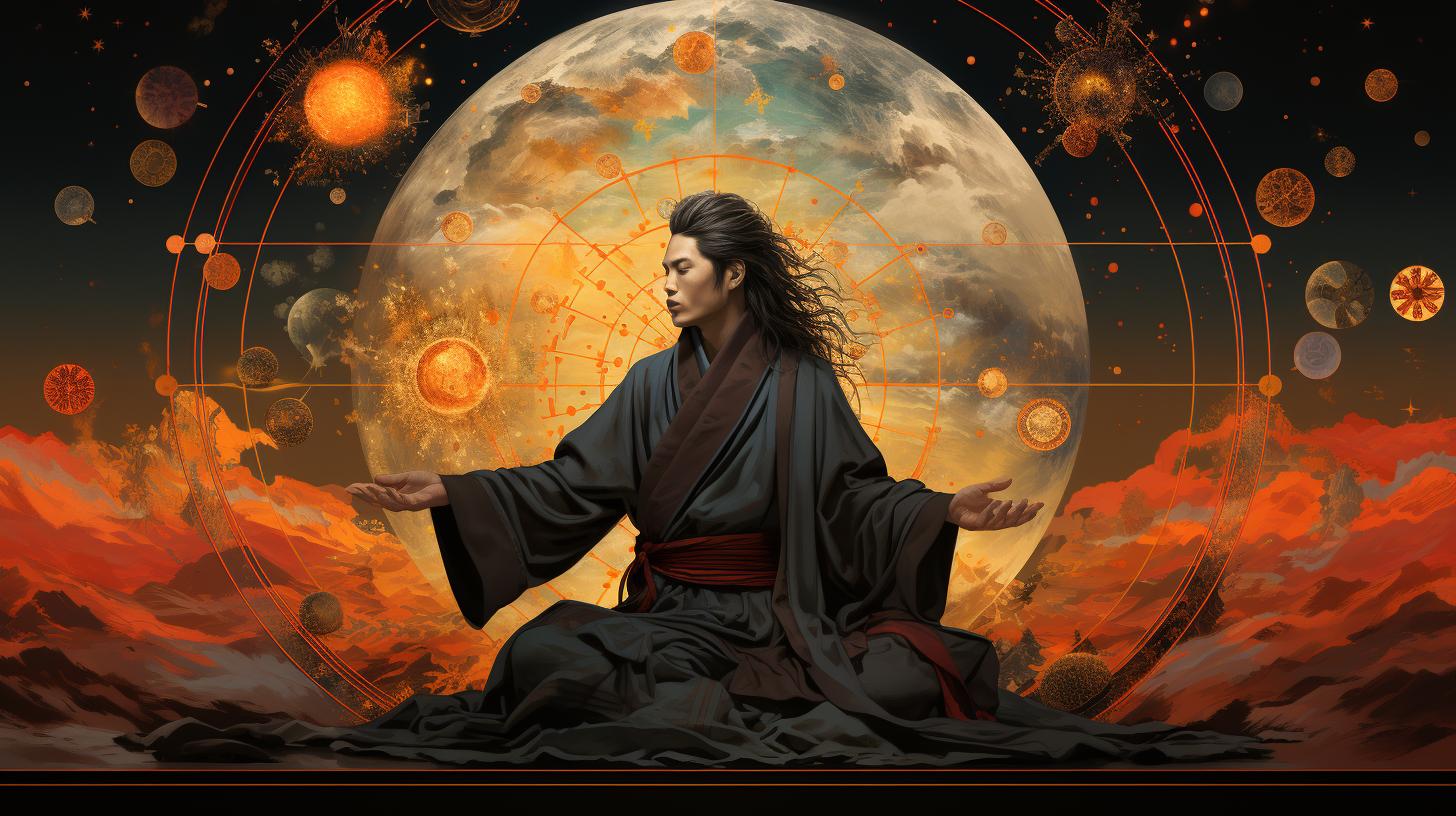
Mireuk Korean God Unveiling the Mysteries of Korean Mythology Old World Gods
Korean mythology is a group of myths shared by historical and modern Koreans. Korean mythology can be divided into literary and oral traditions. Korean literary mythology expresses traditional.

Sansin, the god of mountains (The Korean mythology) Musée Guimet, Paris, France Korean
Tangun becomes the first king of Korea, calling his country "choson" and ruling for 1500 years. After this time he retires to Taebak-san to become a mountain god. The origin of Korea Although the Tangun myth begins with an already existing land, it still bears some resemblance to later portions of other creation myths.
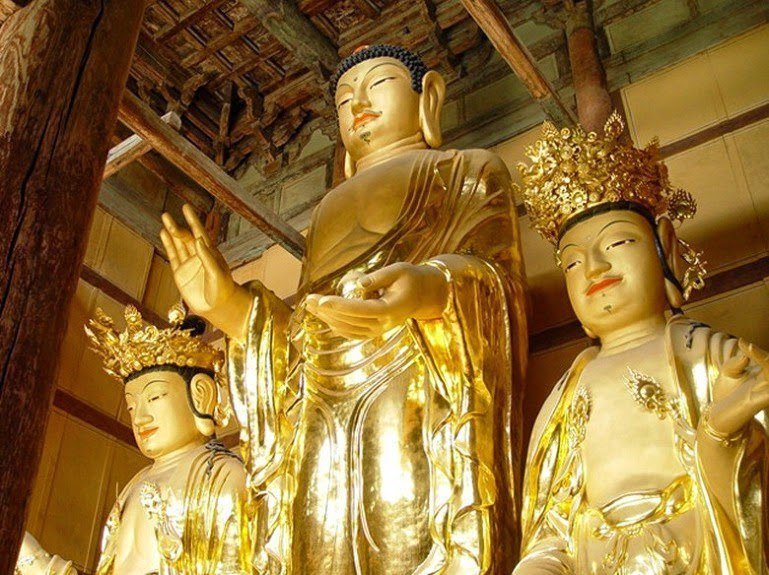
Korean Gods in Korean Mythology Maitreya and Sakyamuni Korean School Amino
Our word for today is 'God'. There are many ways to say this depending on the context and situation. For most Koreans, referring to God as simply a being that is up the sky would be called 하느님. The name comes from the word 하늘 (ha-neul) which means sky or heaven.
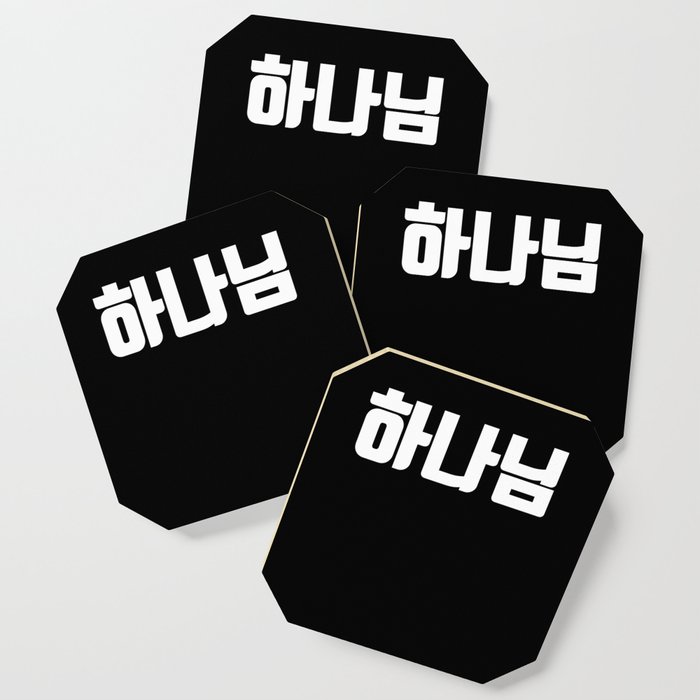
God in Korean god church christian Hangul Korea Kdrama Kpop Coaster by jojoloves Society6
Seokga: Trickster Korean God. Seokga is the trickster god in the Korean Pantheon. He is known as a trickster god due to his love for playing tricks and deceiving humans. He is also known for creating the world alongside Mireuk. However, Seokga wanted to be the lone ruler of the human world. And so, he challenged Mireuk to a competition.
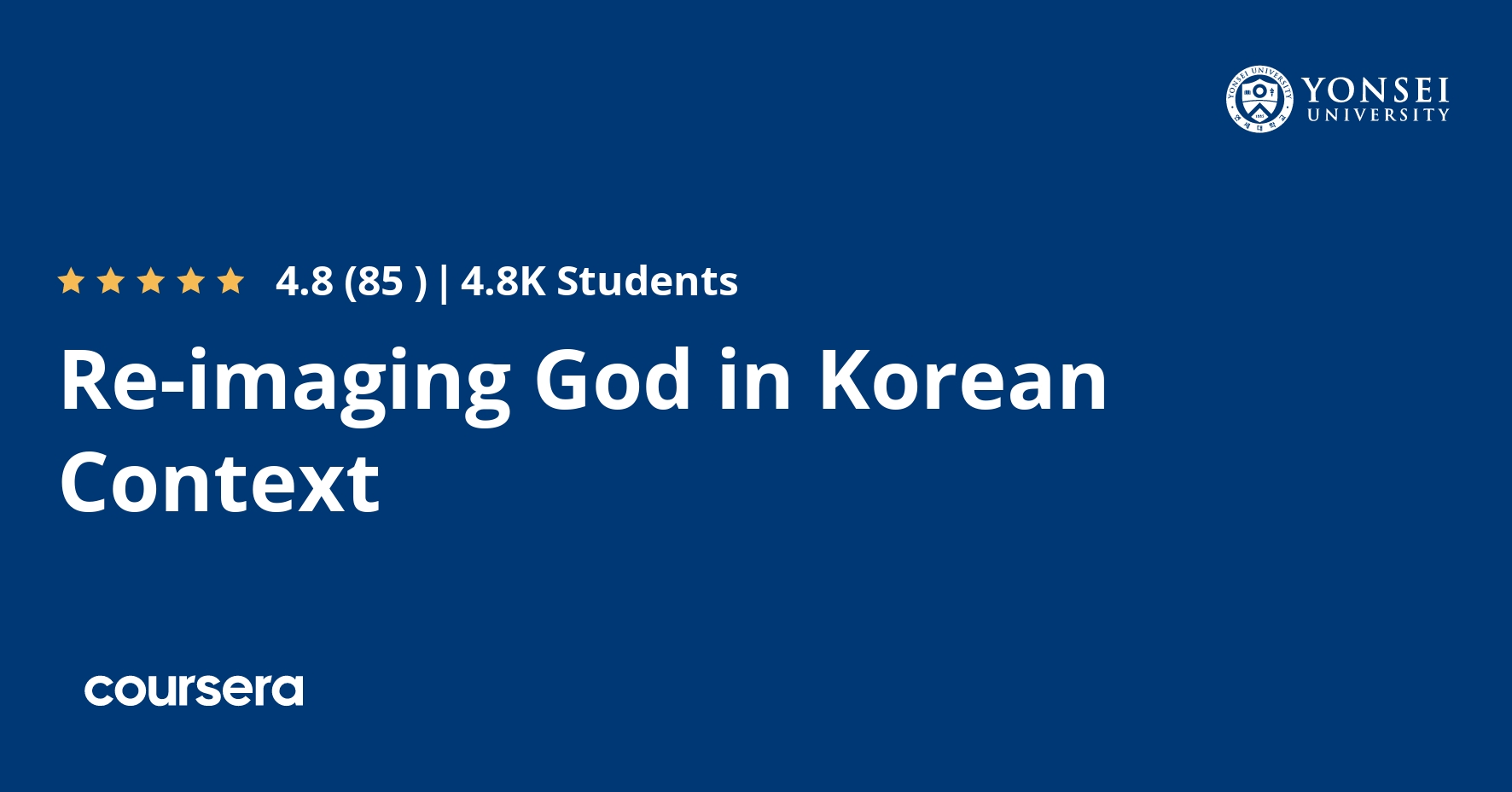
Reimaging God in Korean Context Coursya
A generic "god" without any particular religious connotation. God in Catholicism, Anglicanism, All Orthodox churches. Catholicism, specifically (called 천주교 in Korean) also calls God 천주 or 천주님. 하나님 is by Protestants and Islam. 알라 or 알라신 refers to Allah when referred to by non-Muslims. In Korean translation to.

Korean mythology Korean mythology, Mythology, Mythology books
by Will | Epic Korean gods are some of the most fascinating of world mythology. From Jumong, the master archer who founded Korea, to the amazing gods Jeju island, this is a list of fascinating Korean gods. 1) Jumong - The Master Archer Who Founded Korea yeowatzup / (CC BY 2.0) According to legend Jumong was almost never born.